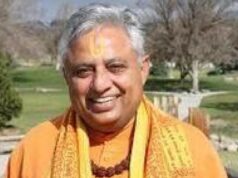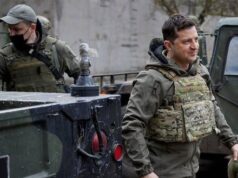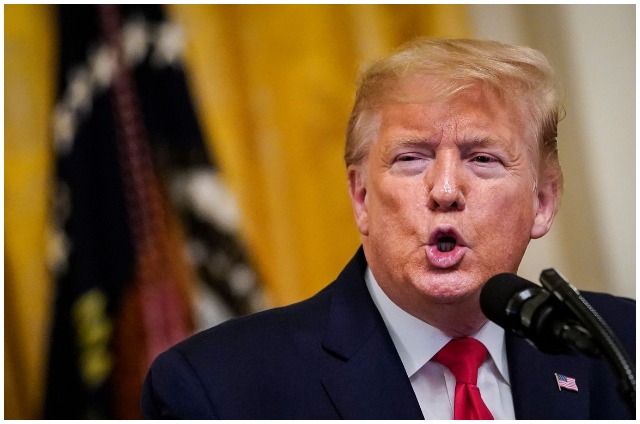Mexico City – Puerto Ricans on Sunday voted in favour of becoming a US state, in a non-binding referendum on the future of the debt-ridden Caribbean island.
After 92 per cent of votes were counted, 97.2 per cent had voted in favour of the move.
However, turnout was low, with just 23 per cent of 2.3 million registered voters choosing to cast a ballot after the opposition called for a boycott.
Becoming the 51st US state in any case depends on the US Congress, where there is little enthusiasm for the move.
Voters on the Spanish-speaking island had three choices – independence, full US statehood or maintaining the territorial standing it has held since 1898.
Puerto Ricans are US citizens, but have limited voting rights and representation in Congress. They can freely enter the United States and serve in the army.
Critics of the current system deride it as a vestige of colonialism and say the United States has a moral duty to make the former Spanish colony a state.
Despite their citizenship, Puerto Rico’s 3.4-million-strong population cannot participate in presidential elections, and their congressional delegation in Washington has no voting rights.
In the previous four referenda on the issue the status quo triumphed, with the number of votes supporting independence roughly split with those supporting statehood.
Governor Ricardo Rossello, a supporter of statehood, had beat the drum for the cause in Washington, where he found little support.
One reason is Puerto Rico’s economic struggles: The island’s liabilities of around 70 billion dollars are currently being restructured via a kind of bankruptcy proceeding.
An oversight commission has ordered painful budget cuts, but the island’s government would prefer a combination of economic stimulus, cuts and structural reforms.
If Puerto Rico were a state, it could declare itself insolvent under US bankruptcy laws. That would render Washington at minimum partly responsible for Puerto Rico’s debts.
Puerto Rico suffers from a bloated bureaucracy, high social spending, poor infrastructure and the migration of many of its youth.
– dpa











